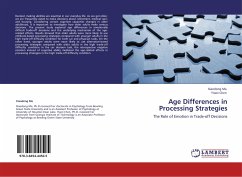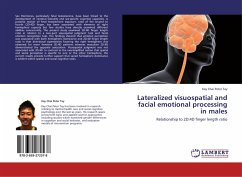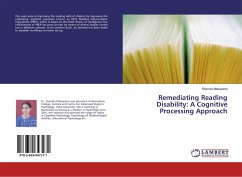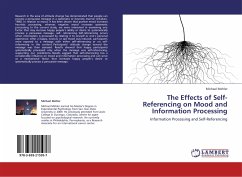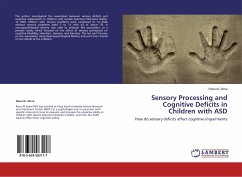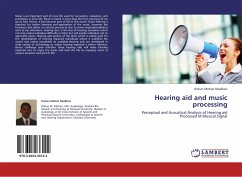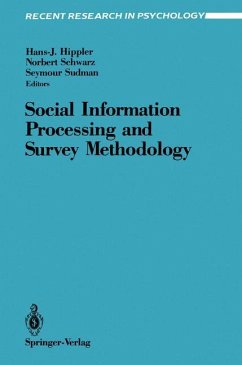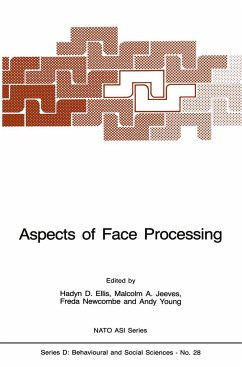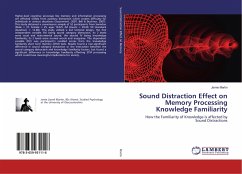
Sound Distraction Effect on Memory Processing Knowledge Familiarity
How the Familiarity of Knowledge is affected by Sound Distractions
Versandkostenfrei!
Versandfertig in 6-10 Tagen
25,99 €
inkl. MwSt.

PAYBACK Punkte
13 °P sammeln!
Higher-level cognitive processes like memory and information processing are affected widely from auditory distraction which creates difficulty for individuals in various situations (Surprenant, 2007; Bell & Buchner, 2007). This study obtained a convenience sample of 52 participants from Swindon (Male = 27, Female = 25, ages 19-67), (M (mean) = 29.69, SD (standard deviation) = 12.68). This study utilised a 2x2 factorial design, the first independent variable (IV) being sound category distraction, its 2 levels were vocal and instrumental sound, the second IV being knowledge familiarity; its 2 le...
Higher-level cognitive processes like memory and information processing are affected widely from auditory distraction which creates difficulty for individuals in various situations (Surprenant, 2007; Bell & Buchner, 2007). This study obtained a convenience sample of 52 participants from Swindon (Male = 27, Female = 25, ages 19-67), (M (mean) = 29.69, SD (standard deviation) = 12.68). This study utilised a 2x2 factorial design, the first independent variable (IV) being sound category distraction, its 2 levels were vocal and instrumental sound, the second IV being knowledge familiarity; its 2 levels were normal words and anagrams. The dependent variable (DV) was participant's recalled scores from the knowledge familiarity short term memory (STM) tests. Results found a non-significant difference in sound category distraction or the interaction between the sound category distraction and knowledge familiarity factors, but found a significant difference in knowledge familiarity effecting STM processing which could have meaningful implications for society.



